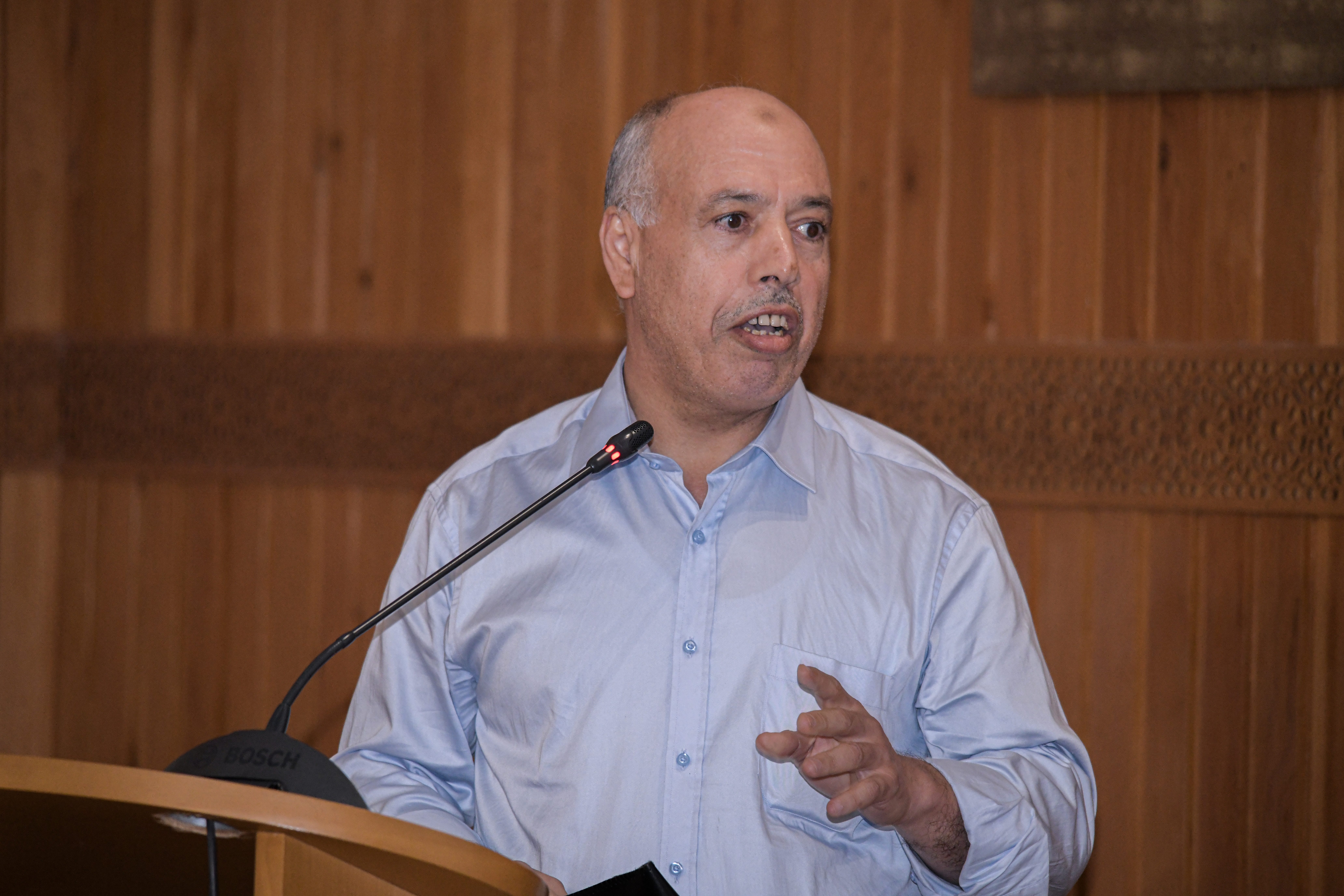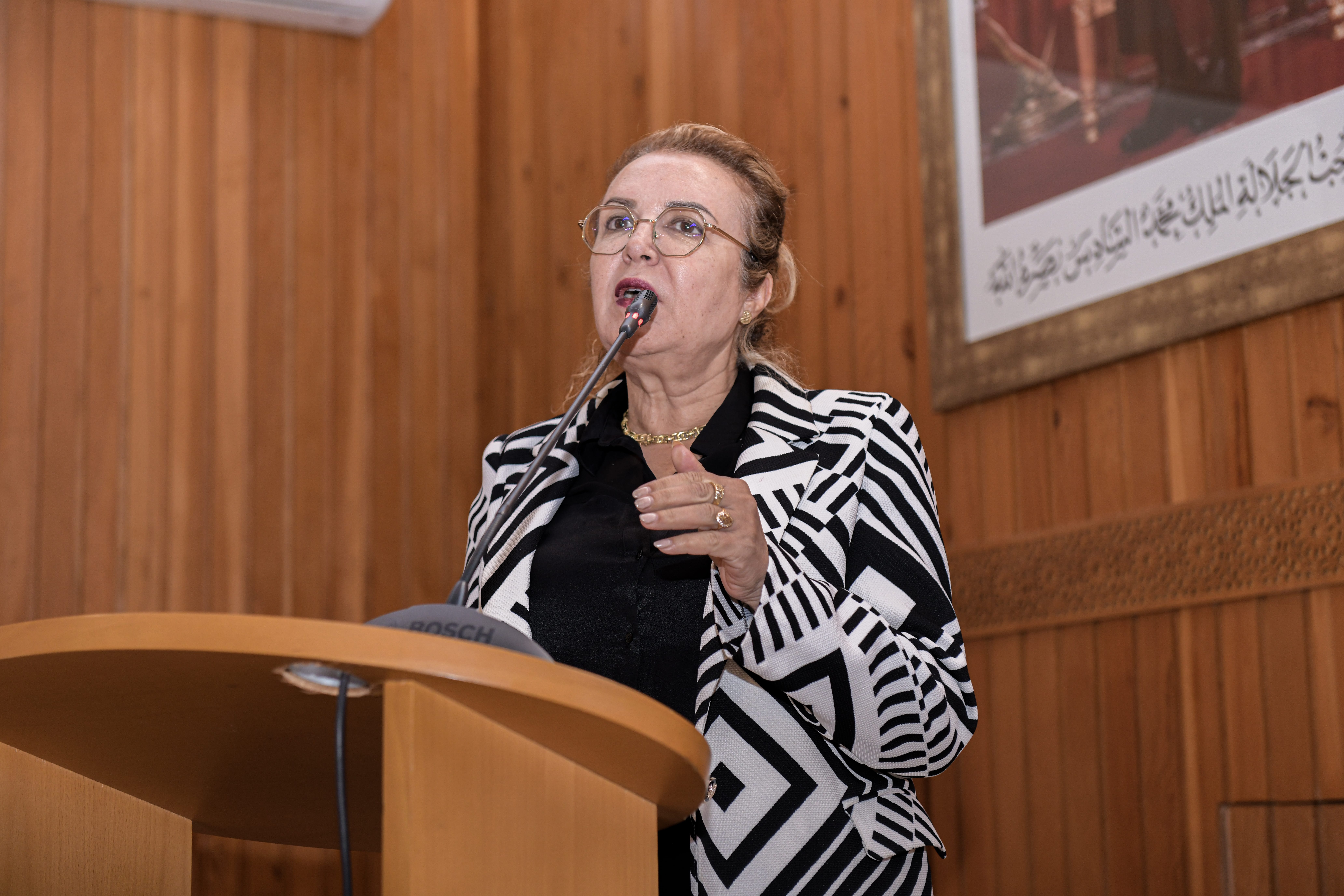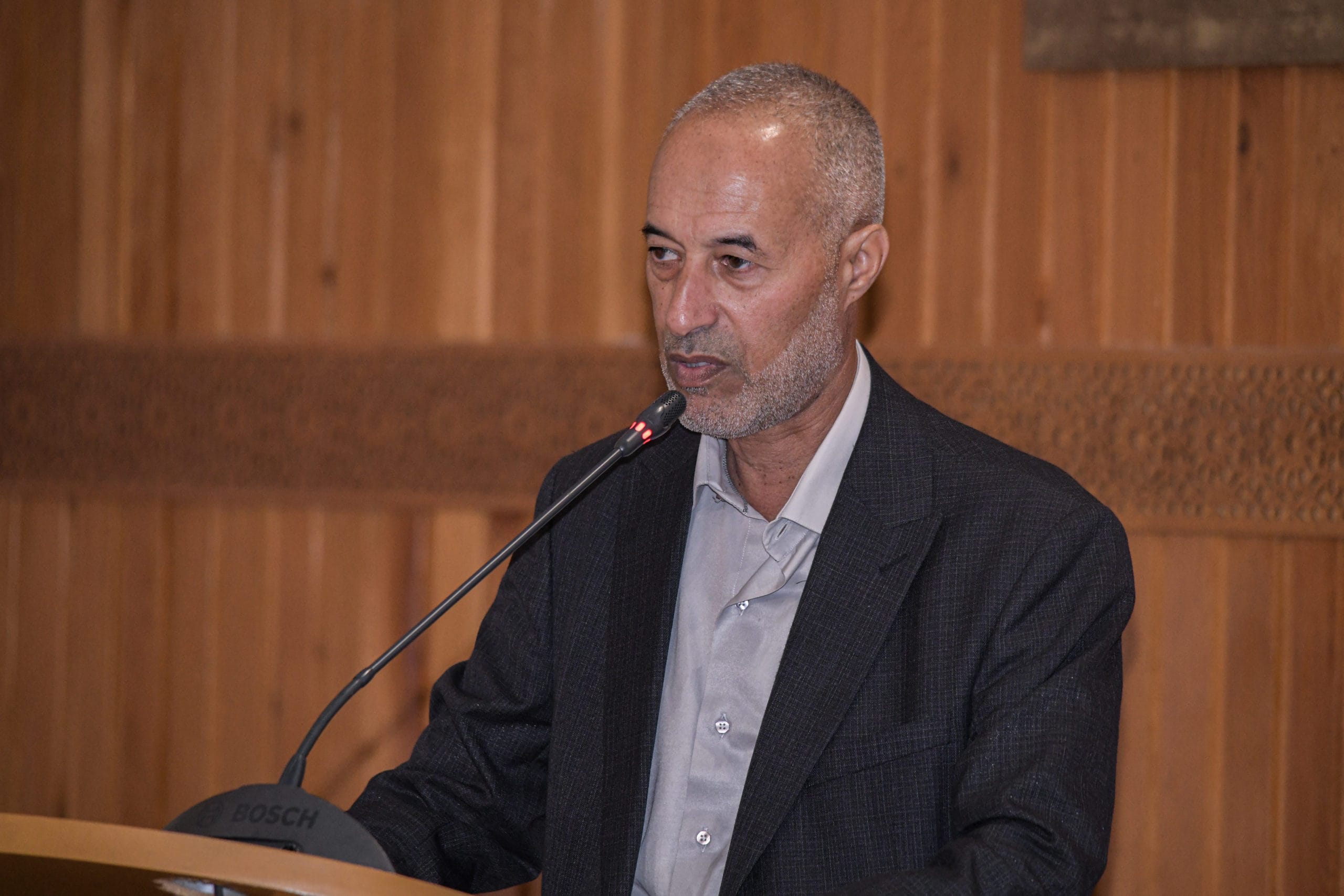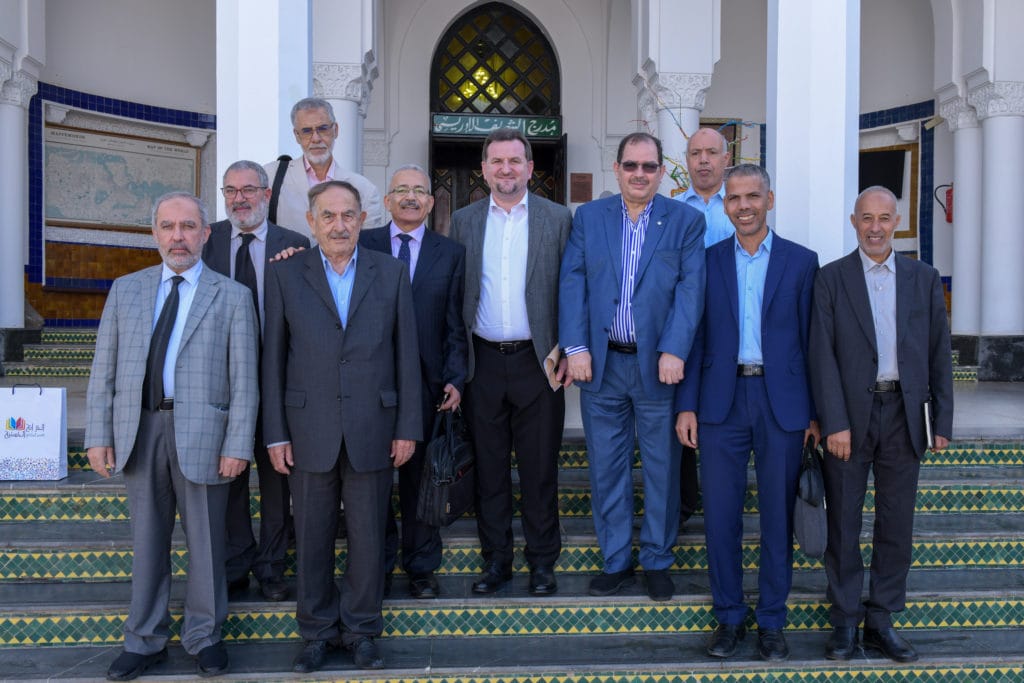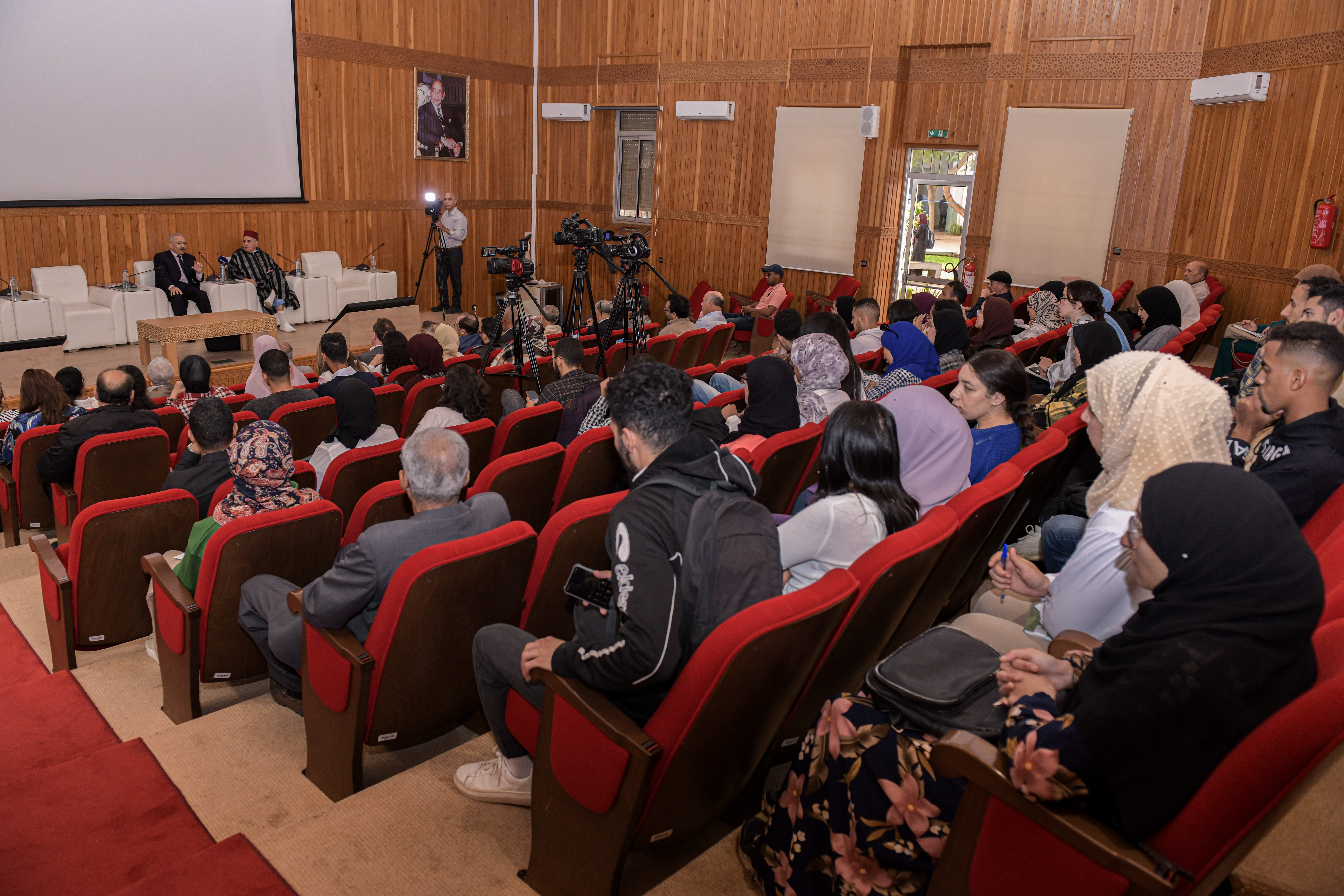By Professor Ibrahim Bayomi Ghanem
Al-Furqān Islamic Heritage Foundation organised a lecture by Dr Ibrahim Bayoumi Ghanem titled “The Objectives of Endowments of Manuscripts and Libraries in Islamic Civilisation: From Jurisprudence to Contemporary Intellectual Property Laws”. Dr Ahmad Chouqui Binebine chaired the lecture held on Wednesday, 9 November 2022CE at the Faculty of Letters & Humanities in Rabat. We summarise it as follows:
The lecturer began by saying that from the technical perspective, manuscripts have specialists and practitioners. However, the point I wish to discuss relates to the phenomenon in Islamic civilisation of making a waqf endowment of part of inherited manuscripts or libraries. This takes the jurisprudential description of waqf endowment, while in some jurisprudential rulings it is more appropriately assigned to the method of proximity (al-taghlīb).
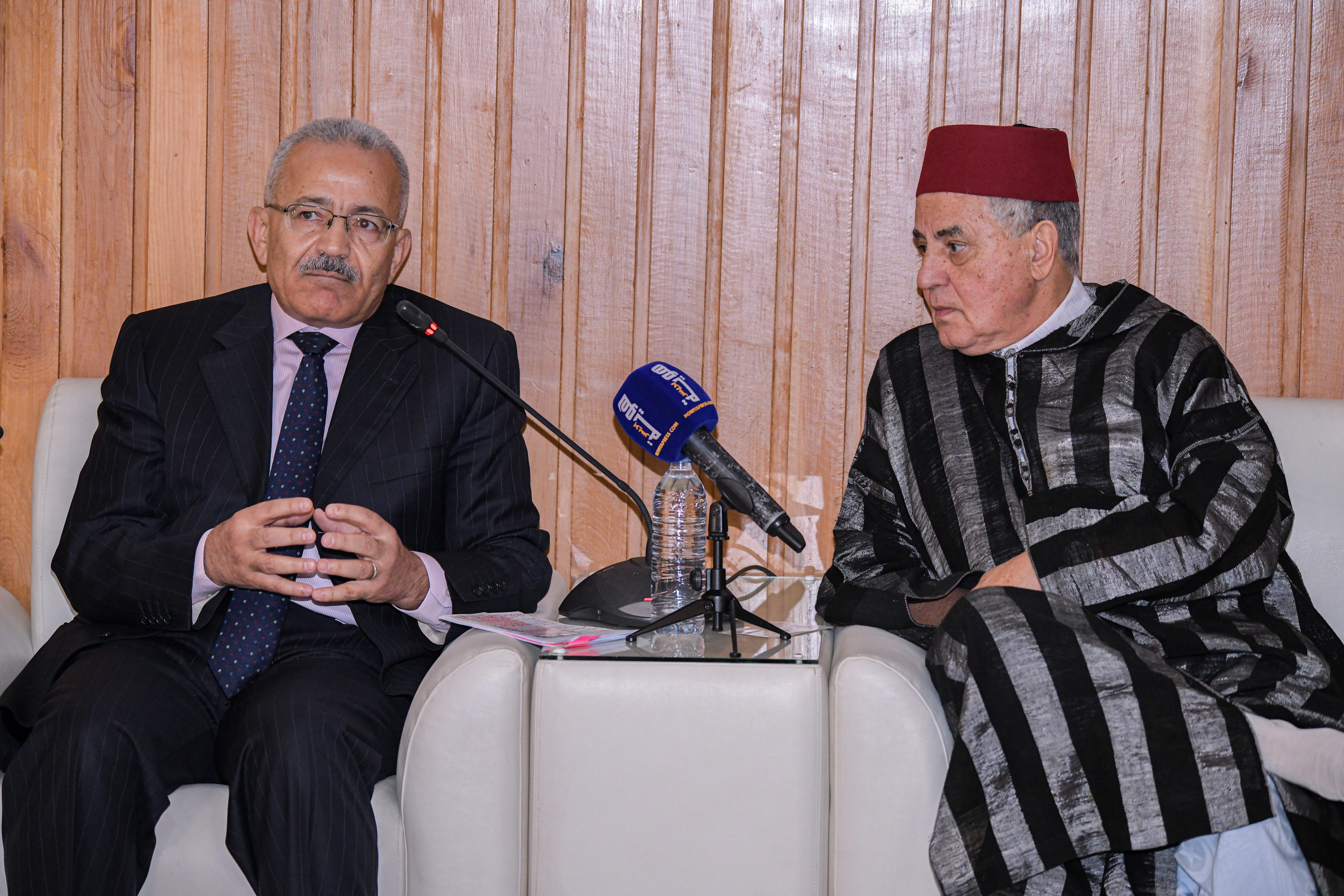
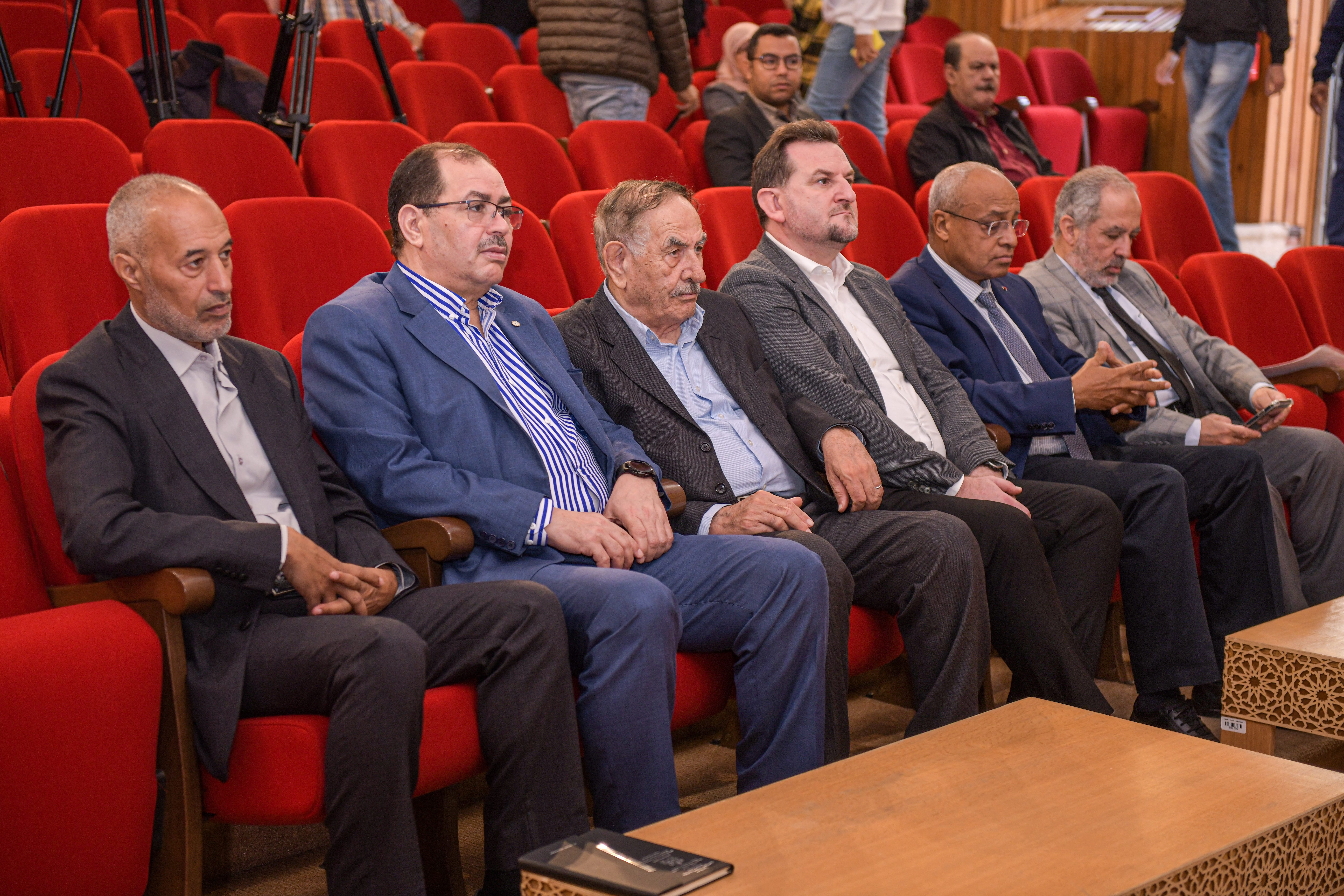
Specific rulings pertain to the process of endowing the manuscript copy by the owner, whether in his or someone else’s possession. There are special rulings relating to this aspect, which will be the focus of our talk. Dr Bayoumi Ghanem posed three questions as an entry to the heart of the matter:
The first: what is the motive, goal, or aim that moved this scholar or others, or those possessing the manuscript to take it out of their private ownership and make it public property?
The second question: what gives an explanation of this phenomenon of endowment in the knowledge domain? What are its significances? Is it just a passing phenomenon or does it have a charitable objective?
The third question: what now, where the majority of these inherited holdings containing endowed works, have come to a fate not desired by those making the endowment, exiting the Islamic jurisprudential frame into the legal frame?
Delegations from the Islamic world have never demanded the rights relating to these manuscripts; what relationship does this have with the objectives of Islamic law ?
The relationship between authors and their manuscripts is logically understandable, this is a relationship of interest, specifically a public interest, which is neither acknowledged nor rejected by Islamic law (maṣlaḥah mursalah). Hence, under reasoning it is found to be acceptable, and is derived from the general objectives of Islamic law. When we speak about the objectives of Islamic law of manuscripts, indeed, we are speaking about the objectives of those charged with religious duty (al-mukallafūn).
There are three objectives in manuscript endowment. The first, seeking the pleasure of Allah, the Almighty, where the manuscript is available to all. The intent is to seek the reward from Allah, the Almighty. This appears from many texts inserted in the margins, at the end or within the manuscript copy. The second objective is to make knowledge available to all, i.e. all students of knowledge. The third objective is to preserve intellectual property, in the contemporary sense.
